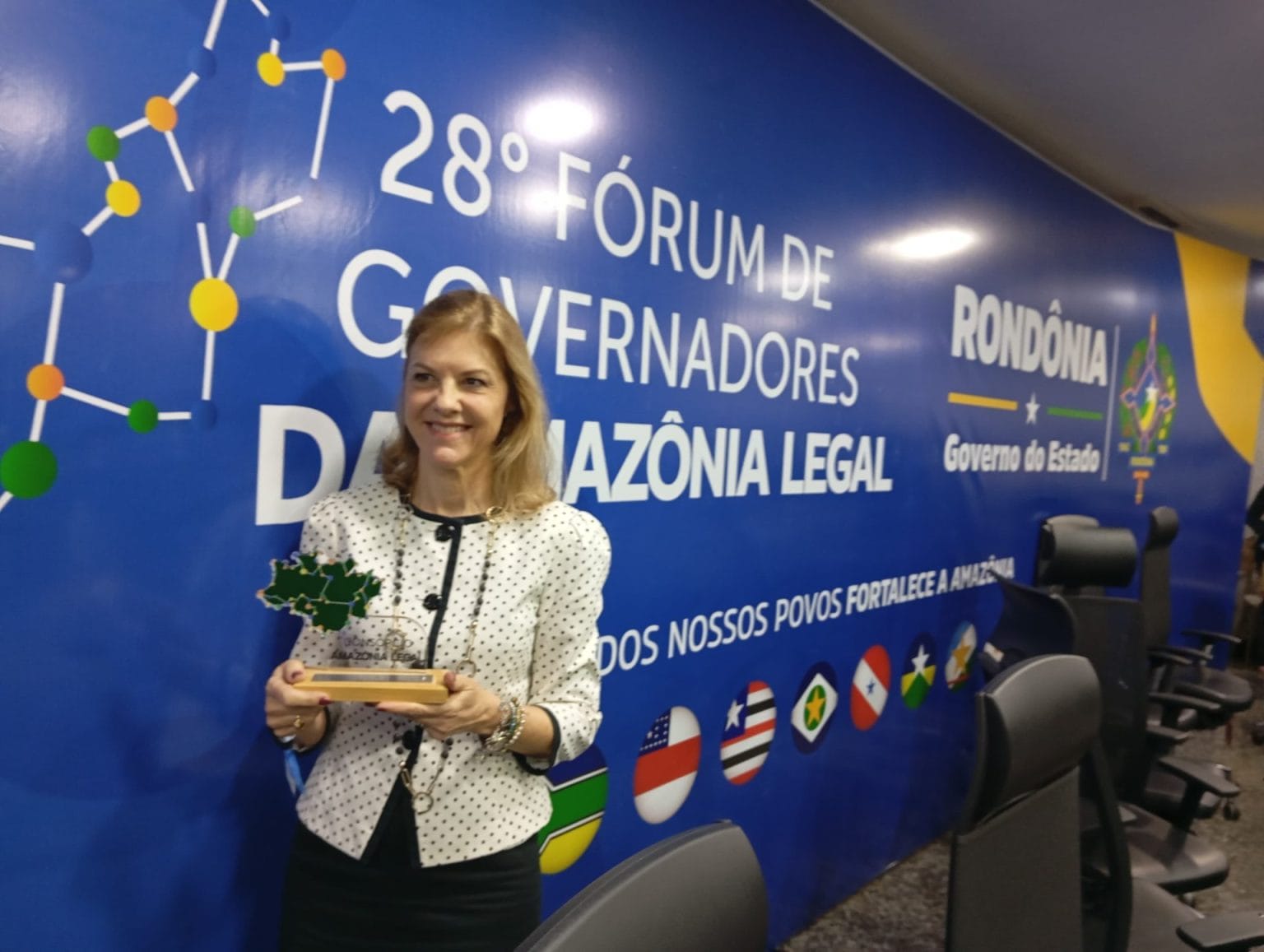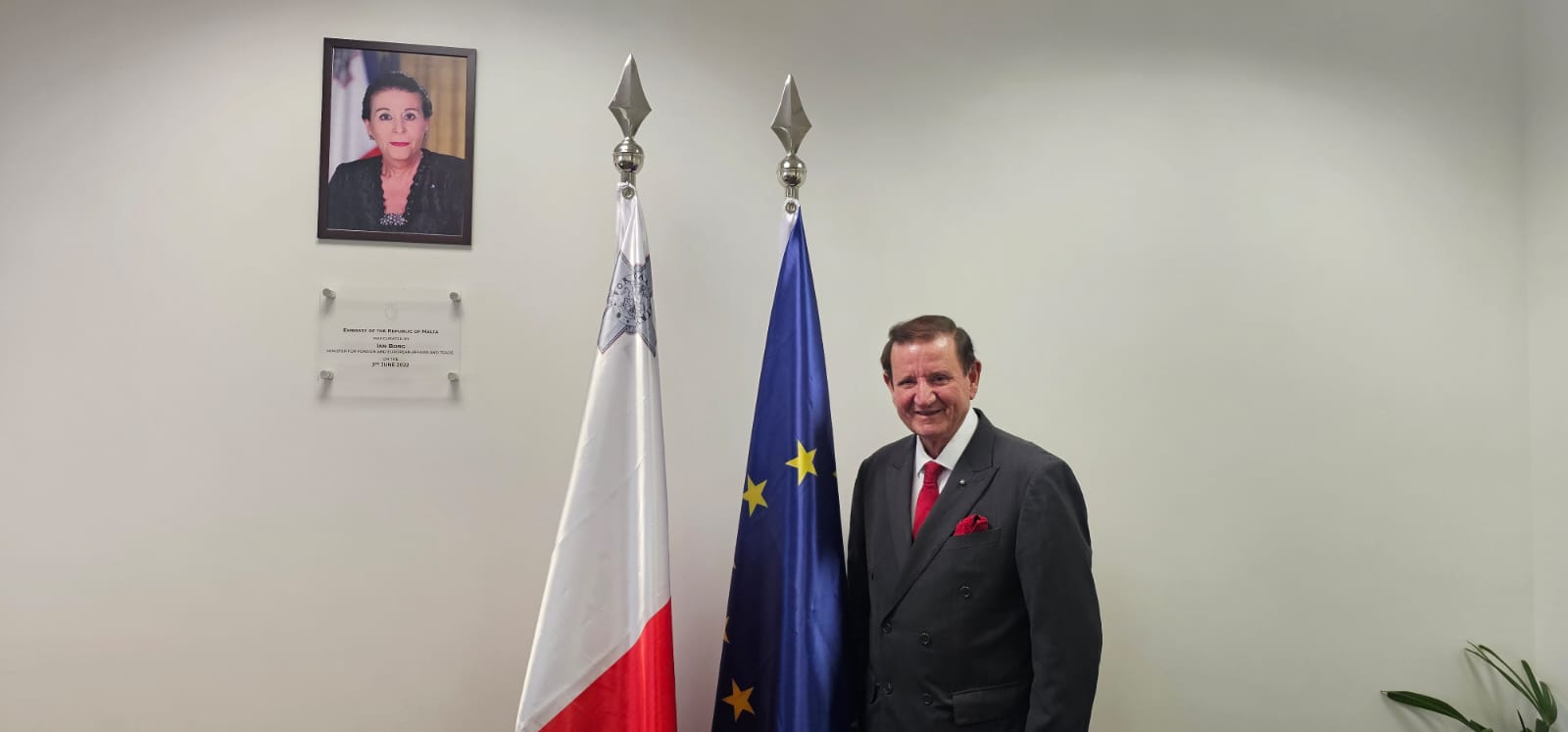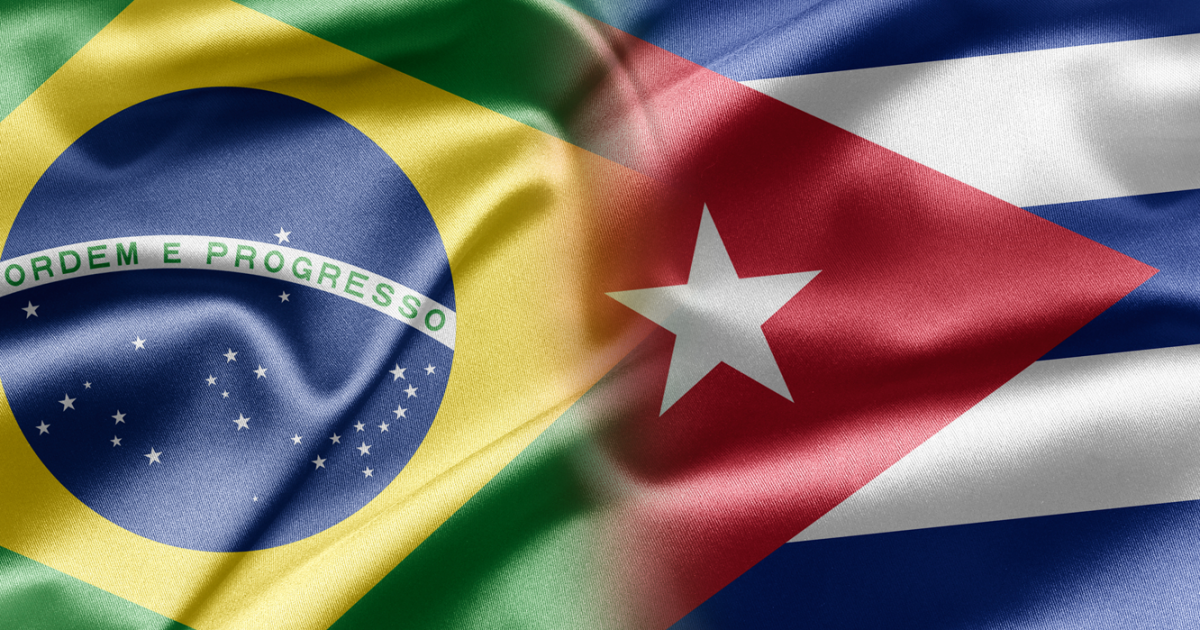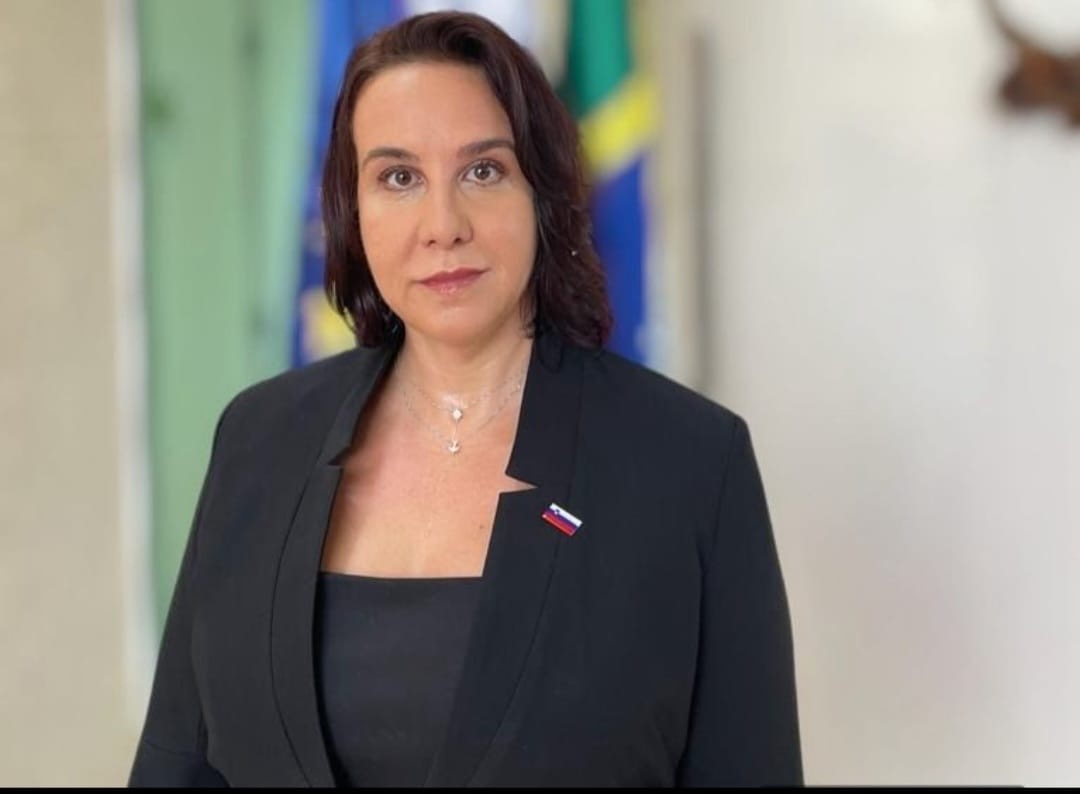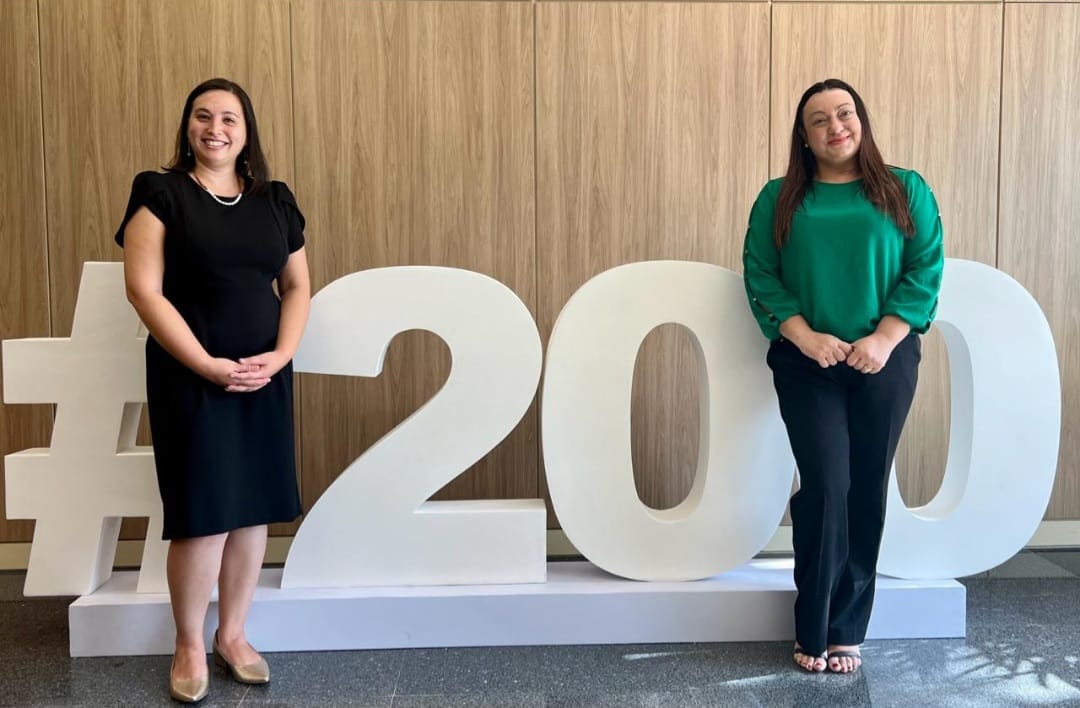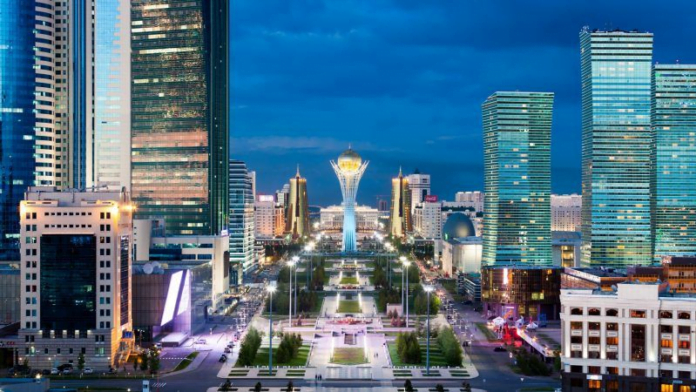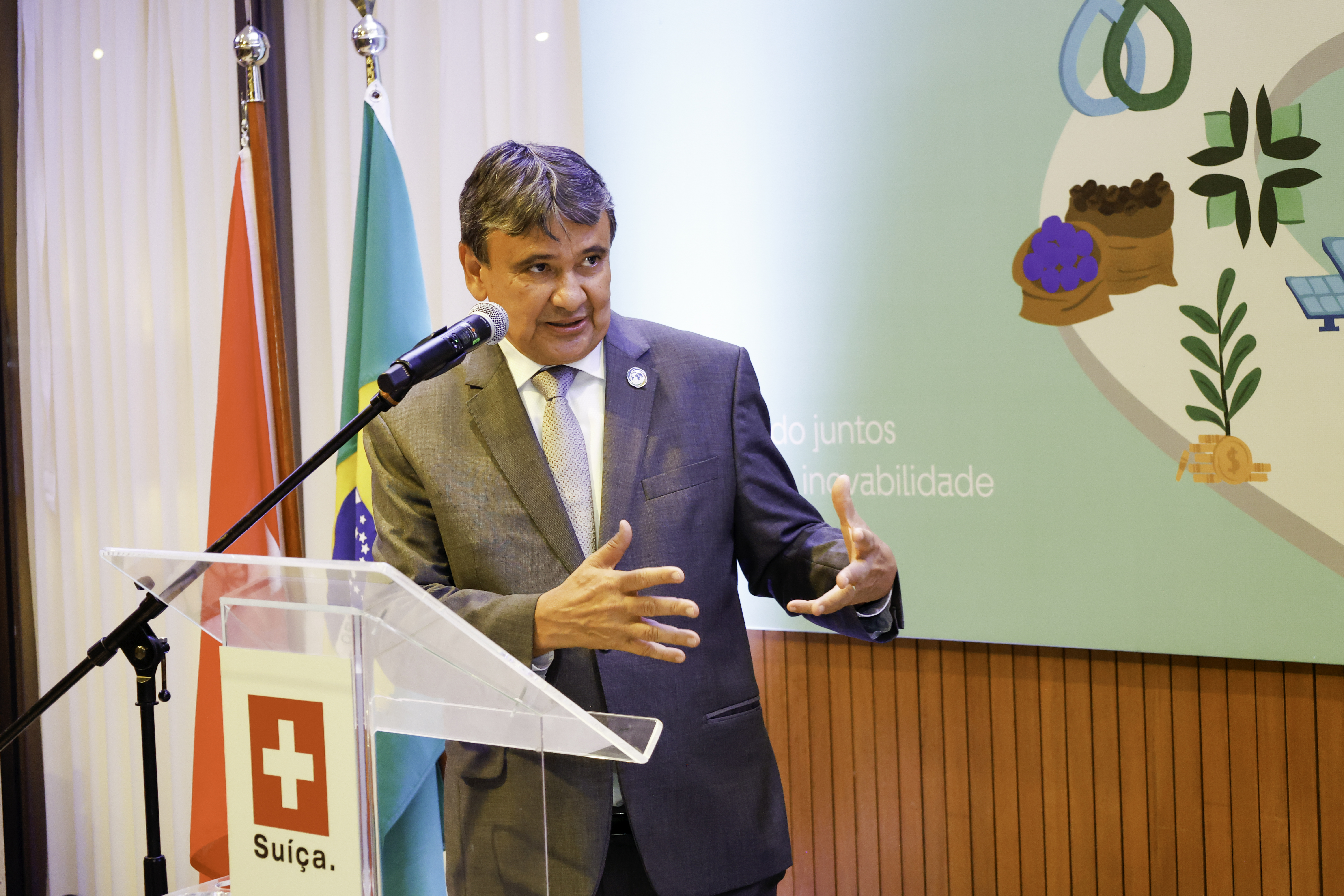Por todos os critérios objetivos – nível de violência, sofisticação da organização e gravidade dos ataques e alvos selecionados (instituições governamentais) – os distúrbios violentos que eclodiram no Cazaquistão no início de janeiro devem ser considerados atos de terrorismo, disseram especialistas internacionais em uma conferência realizada em 11 de fevereiro na capital do Cazaquistão, Nur-Sultan.
O evento organizado pelo Instituto de Estudos Estratégicos do Cazaquistão sob a presidência do Cazaquistão teve como objetivo proporcionar uma oportunidade de intercâmbio sobre tendências globais e regionais de terrorismo e questões de extremismo violento.
De acordo com o Professor Assistente Adjunto Interino do Programa de Estudos de Segurança da Universidade de Georgetown (SSP) Jacob Zenn, os trágicos eventos em Almaty mostraram um tipo único de incidente terrorista.
“Não foi um tipo convencional de ataque terrorista, como o bombardeio de um hotel”, observou Zenn em sua entrevista ao The Astana Times. “Havia um grande grupo de pessoas e talvez algumas delas originalmente não pretendiam se envolver em ações militantes, mas foram apanhadas na violência liderada por elementos criminosos e radicais.”
Outra peculiaridade da situação foi que, até o momento, nenhum grupo terrorista conhecido por trás dos eventos foi identificado. É importante investigar um possível papel de grupos jihadistas ou combatentes estrangeiros cazaques na inspiração ou coordenação desses eventos, disse Zenn.
Tanto Jacob Zenn quanto outro palestrante, Aymenn Jawad Al-Tamimi, pesquisador do Programa sobre Extremismo da Universidade George Washington, enfatizaram a importância de ações resolutas do governo para conter a violência e impedir a propagação de ataques no estágio inicial.
“Quando geralmente algo é designado como terrorismo, isso permite que o governo tome medidas extraordinárias para lidar com isso, o que acho que vimos no Cazaquistão”, disse Zenn.
Não fazer isso “permite entrar em uma guerra civil, que aconteceu na Síria, é algo que os grupos terroristas exploram e aproveitam. Por outro lado, os órgãos de aplicação da lei e instituições governamentais do Cazaquistão tomaram as medidas necessárias rapidamente”, acrescentou Tamimi.
Colocando os eventos de janeiro em um contexto internacional, Zenn observou que a situação de segurança doméstica na Ásia Central é surpreendentemente estável.
“O nível de terrorismo na Ásia Central não chega nem perto do que vemos em outras regiões do mundo e nos Estados Unidos. As pessoas suspeitavam que um dia, por causa do Talibã e do ISIS, ele se espalharia pela Ásia Central, mas, em geral, o terrorismo não se firmou nesta região na medida em que em outras regiões ou na medida em que as pessoas suspeitam. Portanto, acho que vale a pena pesquisar como o Estado, as instituições religiosas, a sociedade civil e as agências de segurança responderam a esses desafios”, observou Zenn.
Ambos os especialistas observaram que há um amplo campo de colaboração entre pesquisadores internacionais e cazaques para identificar as causas dos problemas de segurança nos países da Ásia Central e encontrar soluções.
January Events in Kazakhstan Were Terrorist Attacks, International Experts Say
By all objective criteria — level of violence, sophistication of the organization and severity of attacks, and selected targets (government institutions) — violent unrest that erupted across Kazakhstan in early January should be considered acts of terrorism, international eхperts said at a conference held on February 11 in the capital of Kazakhstan, Nur-Sultan.
The event organized by the Kazakhstan Institute for Strategic Studies under the President of Kazakhstan was intended to provide an opportunity for exchanges on global and regional trends of terrorism and violent extremism issues.
According to Acting Adjunct Assistant Professor of the Georgetown University Security Studies Program (SSP) Jacob Zenn, the tragic events in Almaty showcased a rather unique type of terrorist incident.
“It wasn’t a conventional type of terrorist attack, like a bombing of a hotel,” Zenn noted in his interview to The Astana Times. “There was a large group of people and maybe some of them originally did not intend to engage in militant action, but they got caught up in the violence led by criminal and radical elements.”
Another peculiarity of the situation was that, so far, no known terrorist group behind the events was identified. It is important to investigate a possible role of jihadist groups or Kazakh foreign fighters in inspiring or coordinating those events, said Zenn.
Both Jacob Zenn and another speaker, Aymenn Jawad Al-Tamimi, research fellow at George Washington University’s Program on Extremism, stressed the importance of resolute actions of the government in curbing violence, and preventing the spread of attacks at the early stage.
“When usually something is designated as terrorism, it allows the government to take extraordinary measures to deal with it which I think we saw in Kazakhstan,” said Zenn.
Failure to do so “allows to spiral into a civil war, which happened in Syria, it is something that terrorist groups exploit and take advantage of. By contrast, the Kazakh law enforcement bodies and government institutions took necessary measures quickly,” added Tamimi.
Putting January events in an international context, Zenn noted that the domestic security situation in Central Asia is surprisingly stable.
“The level of terrorism in Central Asia is not nearly what we see in other regions of the world and in the United States. People suspected that one day because of the Taliban and ISIS it would spread into Сentral Asia, but, in general, terrorism has not taken foothold in this region to nearly the extent as in other regions or to the extent that people have suspected. So I think it’s worthy to research how the state, religious institutions, civil society and security agencies responded to these challenges,” Zenn remarked.
Both experts noted there is a broad field for collaboration between international and Kazakh researchers in identifying causes of security problems in Central Asian countries and coming up with solutions.
